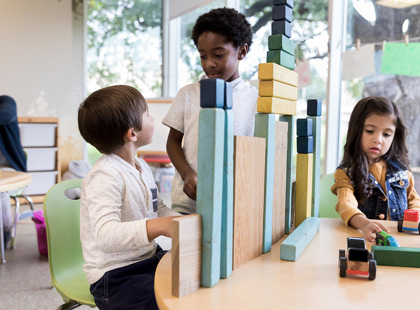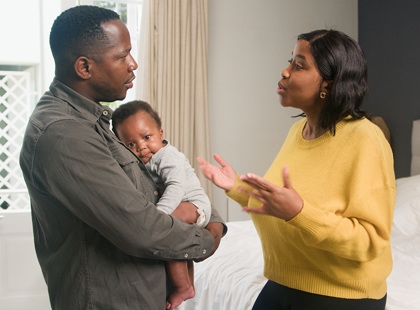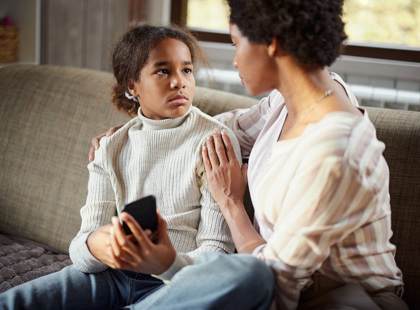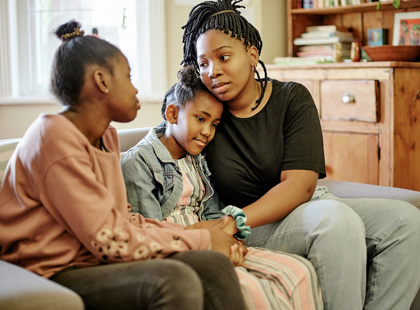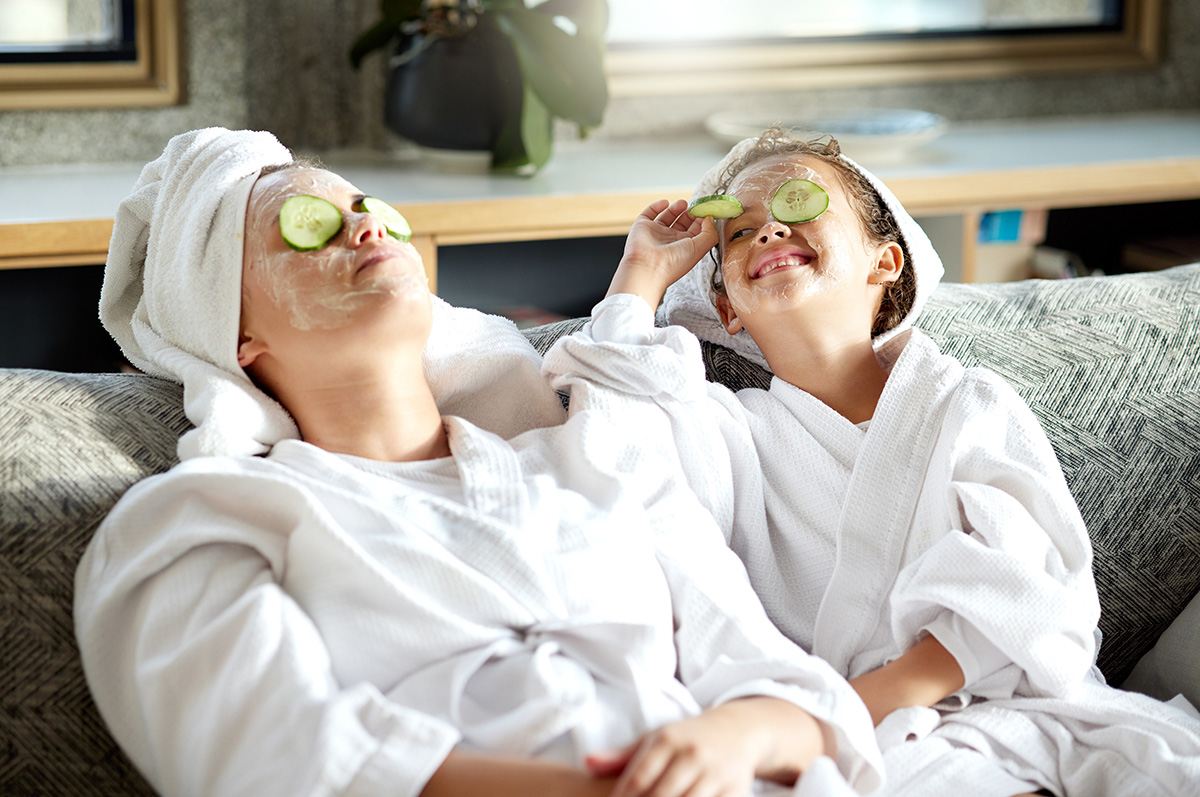
Many of us are familiar with multitasking. As parents and grandparents, we have many roles and responsibilities. Just ask any parent how much energy it takes to simultaneously comfort a crying child, tune in to a teen's conversation from the next room, make a grocery list, comment on the overflowing garbage and empty cat food dish, sort the mail, return a text to a colleague, and pack snacks for a soccer game that starts in 25 minutes across town. We are often on the fast track without taking time to replenish, regroup, or even evaluate what we do and why we do it.
The opposite of multitasking is mindfulness. Mindfulness is an emerging concept based on ancient wisdom and reinforced by contemporary research. Mindful parenting is taking a break from the fast track and allowing yourself to be aware, reflect, and respond to yourself and your children with compassion and without judgment.
There are three phases in mindful parenting:
Mindful awareness is being conscious of your states of well-being. It’s like a short inventory. How am I doing physically? What thoughts are running through my head? What feelings or emotions am I experiencing?
Self-intervention is the process of bringing yourself to balance or finding your composure. Pause and take a deep breath. Take a moment to nourish your body with food, water, or a stretch. Shift thinking to an “I can manage this” mindset and consider the origin of any uncomfortable feelings you are having. Coming from a state of balance sets the stage for purposeful action, rather than mindless reaction to our children’s behaviors and needs.
Deliberate action is responding with intention or devising a plan. How can I help my child? How can we work together to find a solution to a problem? Can we see a mistake as an opportunity to gain experience or to teach our children a skill?
Even short periods of paying attention to your physical, mental, and emotional states, and meeting your needs and your child’s needs accordingly, can lead to less stress and more satisfaction in the parent-child relationship.
The more you practice, the easier it gets.
Check out our CHKD parenting resources and remember your pediatrician is your best credible source of information on your child’s health and well-being.



